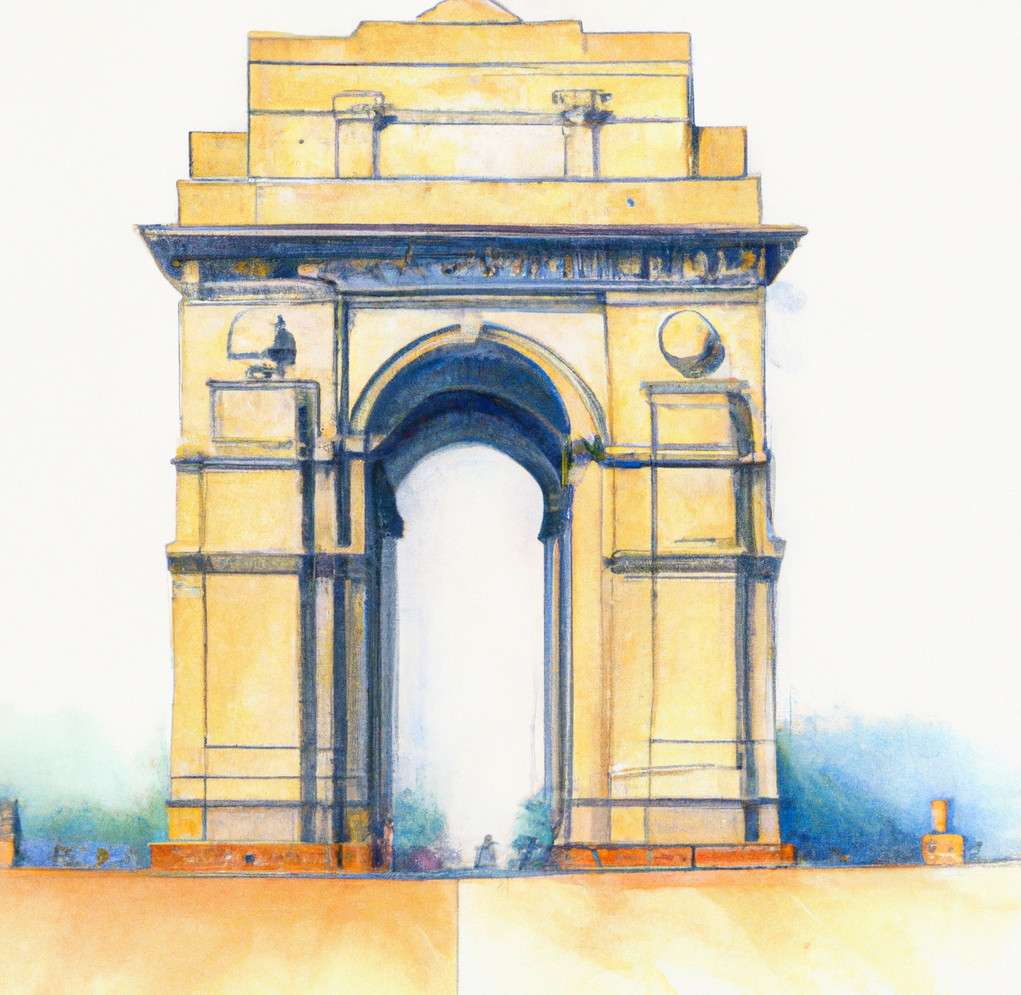Indian Names That Sound American
In today’s globalized world, cultural blending and diversity have become increasingly prevalent. One area where this can be seen is in the naming conventions of different cultures. Indian names, in particular, have undergone a transformation, with many parents opting for names that sound more American. This trend reflects the influence of globalization and cultural assimilation. In this blog post, we will explore the rich cultural heritage of Indian names, the impact of globalization on naming choices, the factors influencing the adoption of American-sounding Indian names, and the societal perceptions and reactions to these names.
Indian Names: A Rich Cultural Heritage
Names hold a significant place in Indian culture. They are considered a reflection of one’s identity, heritage, and aspirations. Traditional Indian names are often derived from religious texts or have deep spiritual meanings. For example, names like Aarav, which means peaceful, and Riya, which means singer, reflect the values and aspirations of Indian society. These names are passed down through generations, connecting individuals to their cultural roots.
The Globalization Effect on Indian Names
The impact of globalization on Indian society cannot be understated. With increased exposure to Western culture and values, Indian parents are adapting their naming choices to incorporate global influences. Indian-American families, in particular, are at the forefront of this trend. They often choose names that are easily recognizable and pronounceable in both Indian and American contexts. This blending of cultures is a testament to the interconnectedness of our world.
Factors Influencing the Adoption of American-Sounding Indian Names
There are several factors that contribute to the adoption of American-sounding Indian names. One major reason is the desire for assimilation and acceptance in American society. Many Indian immigrants want their children to fit in and have an easier time navigating their new home. Additionally, popular culture, media, and celebrities play a significant role in shaping naming trends. Indian parents often choose names that are associated with successful individuals or characters from American media. Lastly, there are career and professional advantages associated with American-sounding names. Studies have shown that individuals with names that are more common and easily pronounceable in the American context are more likely to receive job offers and opportunities.
Common Indian Names That Sound American
Over the years, several Indian names have evolved to sound more American. For example, the name Aryan has become Aaron, and Meera has transformed into Mira. These Americanized versions often retain the essence and meaning of the original Indian names while being more accessible in an American context. Other popular Indian names that sound American include Maya, Asher, and Aria. These names seamlessly blend into American society, reflecting the fusion of Indian and American cultures.
The Blending of Cultures: Americanization of Indian Names
Indian-Americans embrace both their Indian and American identities through their names. They often choose names that are a harmonious blend of their cultural heritage and the society they live in. For example, names like Avi, Kira, and Rajan are easily recognizable and pronounceable in both Indian and American contexts. By opting for names that reflect their dual heritage, Indian-Americans celebrate their identity while also assimilating into American society.
Societal Perceptions and Reactions to Indian Names that Sound American
Unfortunately, societal perceptions and biases can influence the experiences of individuals with Americanized Indian names. Stereotypes and assumptions may be made based on a person’s name, which can have an impact on their professional and social lives. Indian-Americans often share personal experiences of having their names mispronounced or being subjected to ignorant comments. However, it is important to challenge these biases and recognize the individuality and uniqueness of each person, regardless of their name.
The Future of Indian Names: Retaining Cultural Identity
The trend of Indian names sounding more American has sparked a debate about the preservation of Indian naming traditions. Some argue that it is essential to retain cultural identity and keep traditional names alive. Others believe that embracing Americanized names allows for greater integration and acceptance in society. Striking a balance between cultural identity and assimilation is crucial. Parents can consider using traditional Indian names as middle names or incorporating elements of Indian culture in other aspects of their children’s lives.
Conclusion
The evolution of Indian names to sound more American is a reflection of the influence of globalization and cultural assimilation. Names hold a deep significance in Indian culture, but the blending of cultures allows for greater integration and acceptance in a globalized world. It is important to challenge stereotypes and biases associated with names and recognize the uniqueness of each individual. The future of Indian names lies in striking a balance between cultural identity and assimilation, creating a society that celebrates diversity and embraces global influences.
Keywords: Indian names, American, globalization, cultural assimilation, cultural heritage, naming conventions, Indian-American families, factors influencing naming choices, career advantages, common Indian names, blending of cultures, societal perceptions, biases, cultural identity, preservation of traditions, globalized world.
